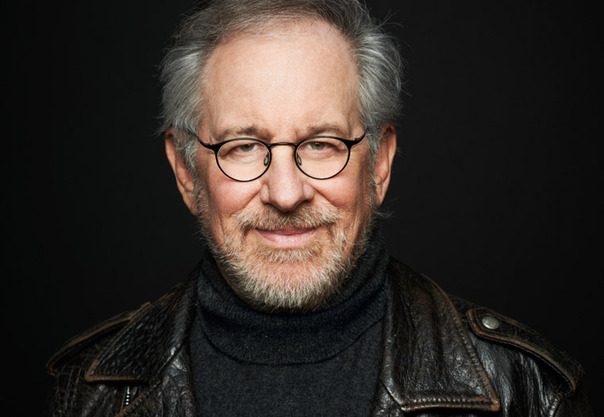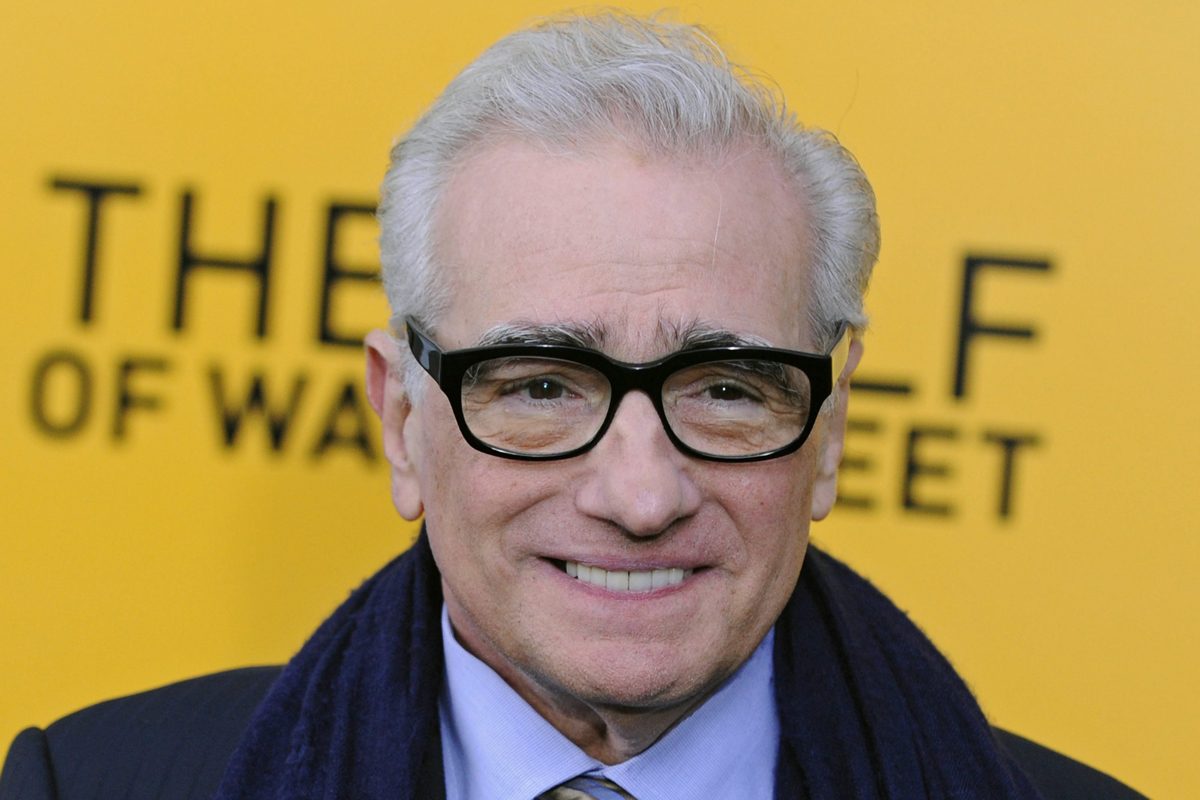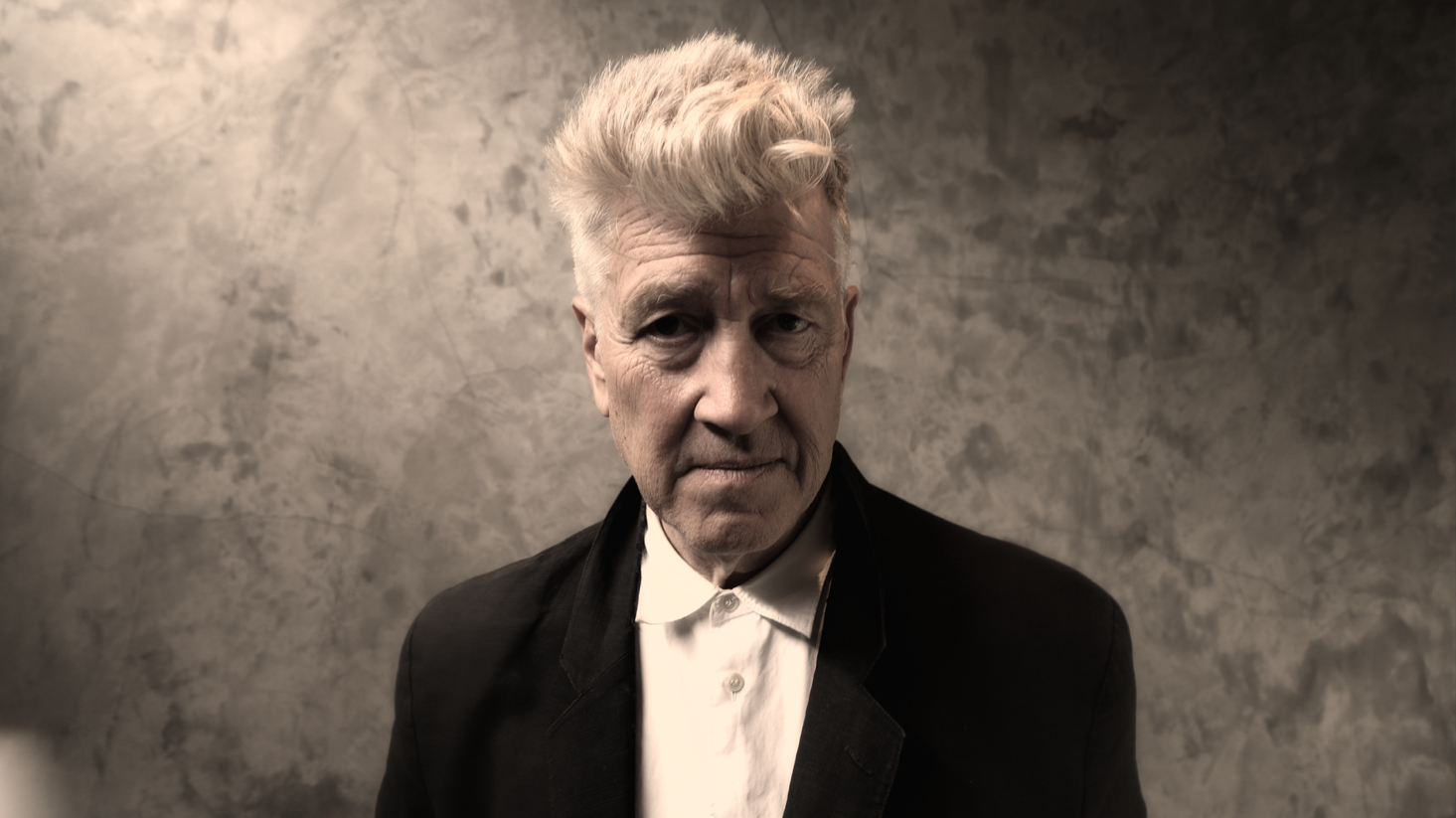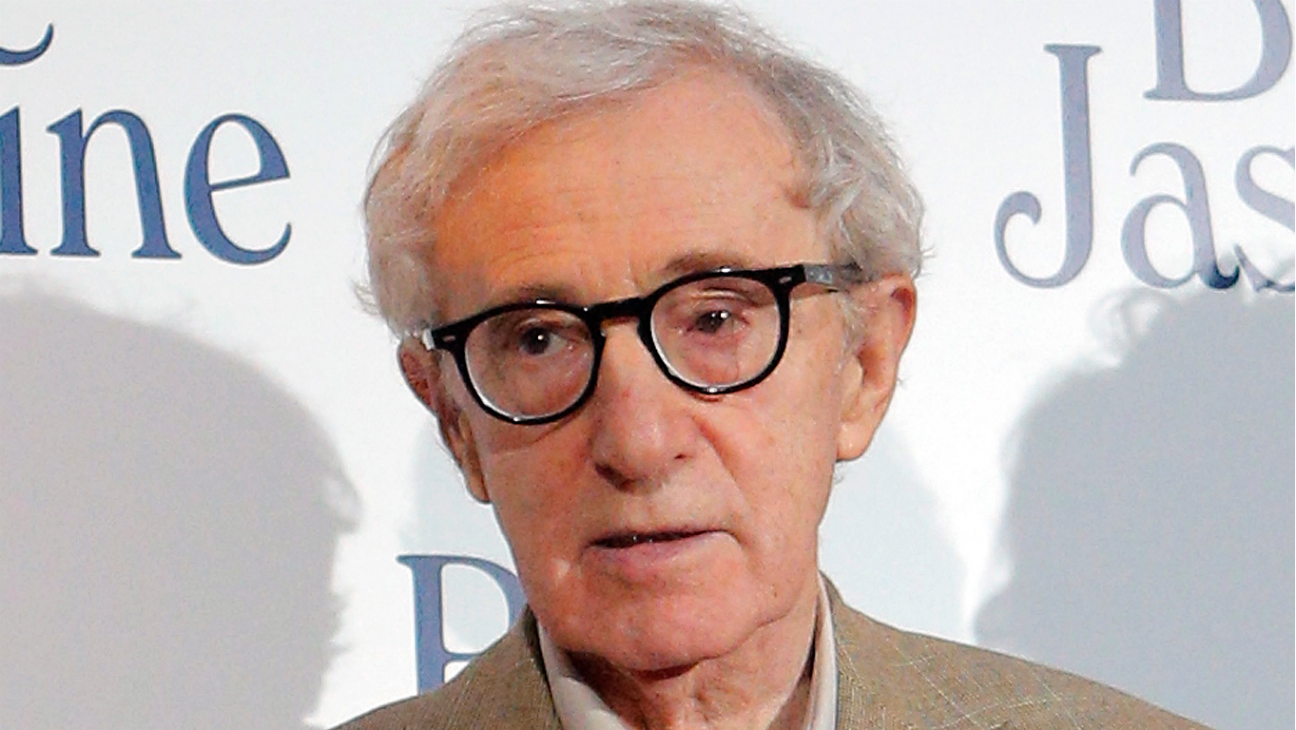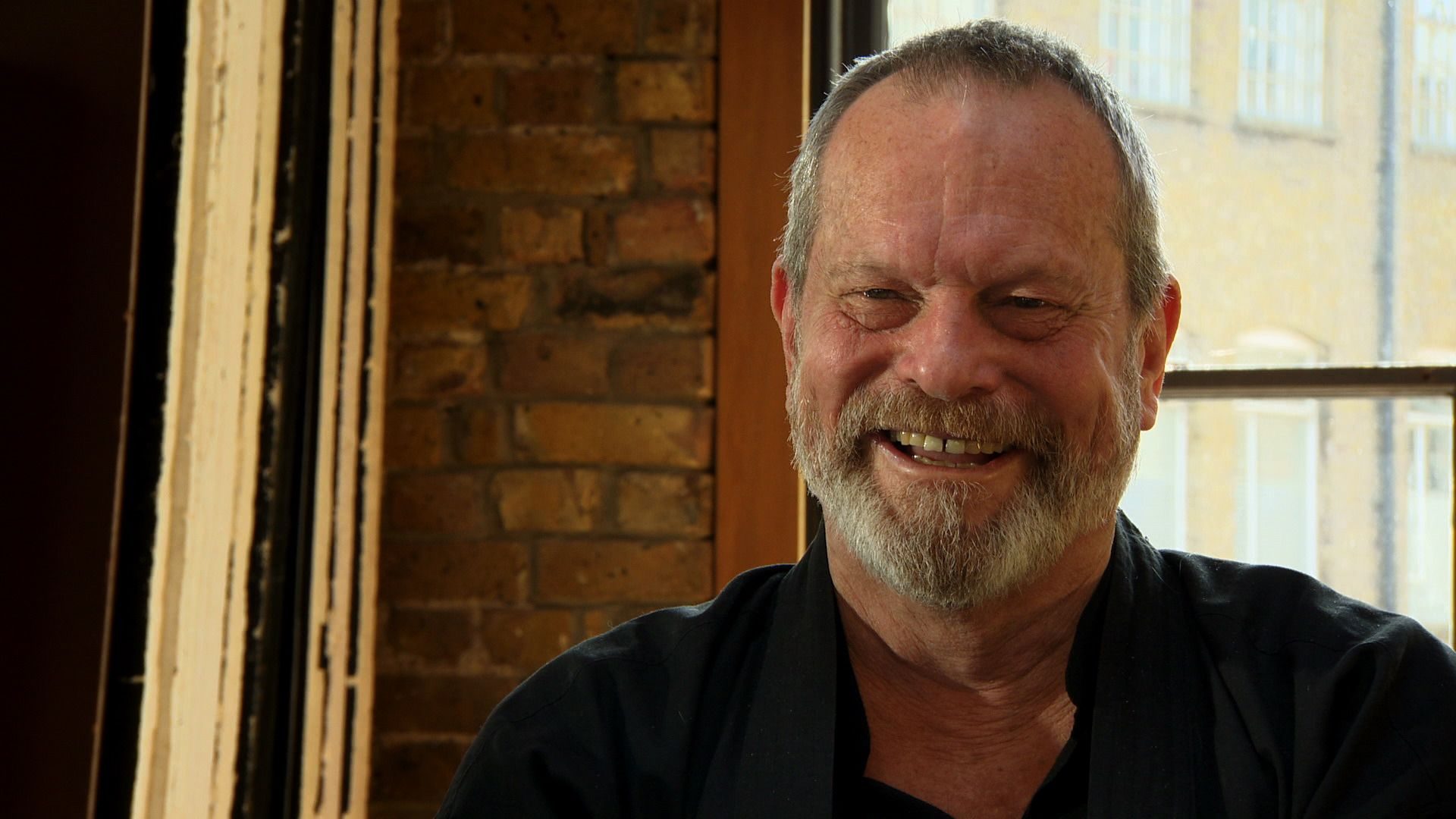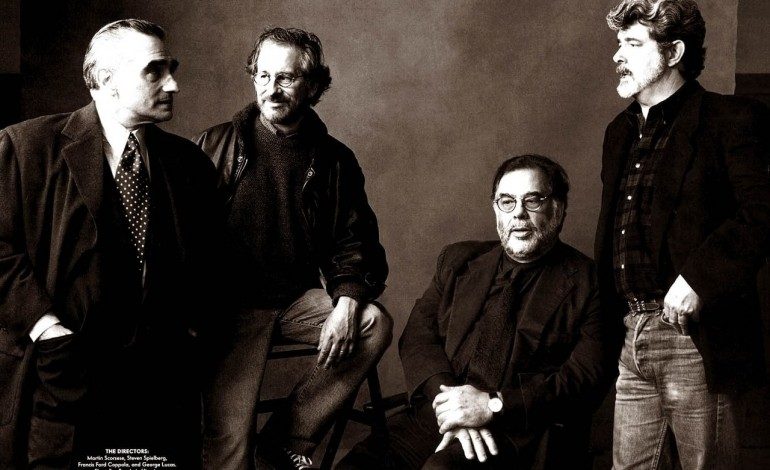

This week, Steven Spielberg releases his latest film Bridge of Spies. Since Jaws taught us to be afraid of the water in 1975, he has consistently been one of the biggest names in filmmaking. However, he isn’t the only person who has remained a viable force in the cinematic community for 40 years. Let’s take a look at some of the directors who still have visions and the ability to have them realized.
STEVEN SPIELBERG
Throughout the 1970s and 1980’s, Spielberg was one of the definitive figures in the industry. From Jaws coining the term ‘blockbuster’ to the landmark achievements of Indiana Jones, Close Encounters, and E.T. The Extra Terrestrial (to name a few), it’s difficult to think of another filmmaker who had as big an impact on the field in the latter half of the 20th century while still obtaining mass acclaim. Although the 1990s saw him transitioning into more adult works such as Schindler’s List and Saving Private Ryan, the 2000’s have been less than stellar for the director of 1993’s Jurassic Park.
Despite him having a regular output, none of his latest movies have risen beyond the level of decent – and even those are few and far between. 2004’s The Terminal (also starring Hanks) was arguably the worst movie of his career, Indiana Jones and the Crystal Skull achieved Star Wars prequel-level repression, and even his most experimental film – The Adventures of Tin Tin – ended up being forgettable despite working with the legendary geek trifecta of Edgar Wright, Peter Jackson, and Steven Moffat. The biggest problem is that none of his latest films feel challenging or overly personal; they might hit the proper emotional beats, but there rarely seems to be a heart behind the John Williams score. However, Spielberg is not slowing down with his name attached to movies including The BFG, It’s What I Do and Ready Player One.
Best Movie of the Past 10 Years: While many might go with Lincoln, I felt that movie succeeded primarily on the strength of Daniel Day-Lewis’ performance. However, I consider his 2005 spy revenge thriller Munich his most accomplished film of the past decade, even with its weird orgasming-to-terrorism sequence.
MARTIN SCORSESE
While I started with Steven Spielberg (mostly because of Bridge of Spies), I’d rank Martin Scorsese as the filmmaker from the 1970s who has best lived up to his legacy. Unlike Spielberg who has primarily stuck with directing solid mature dramas and producing mass friendly shlock, Scorsese uses the large canvas his reputation has bought him to be more experimental and create a wider variety of films. Be it the genuinely personal connection he imbued in Hugo, the genre throwback Shutter Island or the manic craziness of The Wolf of Wall Street, Scorsese can still surprise the audience. And his film work is only a small portion of his output with directorial efforts on Boardwalk Empire and the new HBO show Vinyl, as well as documentaries ranging from 2011’s look at the life of George Harrison to 2014’s The 50 Year Argument about the New York Times Review of Books. Additionally, his diligent efforts at film preservation further establish him in the highest echelon of all-time filmmakers. His next movie is another large scale project entitled Silence, which is about Jesuit priests in 17th century Japan and starring Liam Neeson and Andrew Garfield. Sure it might be another Kundun –style mistake, but at least he’s willing to try something different.
Best Movie of the Past 10 Years: There are a fair number of options for Scorsese, but I’d rank 2011’s Hugo at the top of the list. One of the few genuinely good ‘all ages’ movies to come out recently, it’s a film about the love of invention and of inventiveness and has a rare emotionally honesty as we can see a Scorsese proxy in both Asa Butterfield’s Hugo and Ben Kingsley’s Georges Méliès.
DAVID LYNCH
From his first feature (Eraserhead, 1977), David Lynch has always been something of an outlier in the film community. Yes, he’s made “major” pictures (such as the infamous-but-underrated Dune), can get major talent for his features, and even had a television show on network TV, but Lynch has always come across as a lone wolf. His visual acuity, bizarre sense of humor, and ability to mash genres into something wholly original has turned him into a filmmaker as big and possibly better known than the movies he creates. While Lynch doesn’t come out with movies as frequently as others on this list (Inland Empire was his only movie of the past 10 years), he never goes away either. Even in this world of constant information, he’s one of the few directors who can conceivably work on a project in total secrecy until it hits film festivals. While that doesn’t seem to be the case for the past decade, he has indulged in other interests such as making his own records, shorts, music videos, and documentaries. However, a new Lynch movie might be years away because he is partnering with Showtime for a return season to arguably his most famous and influential creation, the home of Douglas firs and great coffee – Twin Peaks.
Best Movie of the Past 10 Years: Inland Empire- 2006 because that’s our only offering.
CLINT EASTWOOD
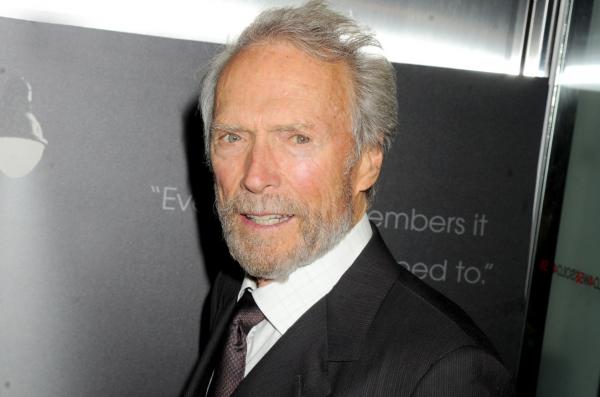

Best Movie of the Past 10 Years: Flags of Our Father/Letters from Iwo Jima twofer 2006. While many complained about American Sniper‘s politics (thus missing the point entirely), his double-movie look at World War 2 from both the American and Japanese sides proves that he isn’t blind to the emotional difficulties and personal tragedies that befall people on both sides of a conflict.
WOODY ALLEN
It’s hard to think of a director from any period who been as prolific as Allen. Notably the only director on this list to win an Oscar during the 1970s (for 1977’s Annie Hall), he has put out a movie every year since 1977 except for 1981. True, his output is a mixed bag – for every Blue Jasmine we get about five mediocre-to-be-generous ones – but he still gets some of the best actors and brings out some of their best performances. Yet despite all of the changes in film and filmmaking over the years, Allen hasn’t particularly evolved in any significant way. His tone, style, and look has remained pretty consistent over the past few decades but without seeming dated, which makes his human-centered films seem timeless in a way that other filmmakers cannot do. Sure characters might have cell phones, but his modern films feel like they can take place in any era in the same way his earlier films can have a modern quality about. Up next for Allen is another period piece (this one starring Jesse Eisenberg) and an Amazon TV series (his first foray into episodic programming since beginning his career as a writer in the 1960’s).
Best Movie of the Past 10 Years: It depends on whether you like dramatic Allen or comedy Allen, but I’d probably give the edge to Midnight in Paris. Its strange comic romance with a neurotic lead (Owen Wilson doing his best work outside of a Wes Anderson film) and surrealistic elements made it feel like the most Annie Hall-era Woody Allen in years.
HONORABLE MENTIONS
Ridley Scott– Scott’s Alien was released in 1979 thus putting him at the tail end of the Disco era’s class. Beyond that? He’s still one of the biggest directors working today. Despite his output being decidedly mixed (on the negative side), he’s also one of the few filmmakers who know how to create genuine, larger-than-life epics. It’s very telling that this year’s The Martian ranks among the best of his oeuvre.
David Cronenberg– Canadian legend Cronenberg is a director who has evolved quite significantly since providing us with his earliest films Shivers and The Brood. Slowly but gradually, he moved away from his pioneering work in body horror into darker and more “intellectual” dramas such as Eastern Promises and A Dangerous Method that are just as disturbing and thematically relevant as the work he did for The Fly and Videodrome. Although he has nothing on the horizon (though he was offered True Detective Season 2), he released the mixed-but-interesting Maps to the Stars earlier this year as Robert Pattinson so desperately tries to obtain legitimacy.
Terrence Malick– Following the critically acclaimed Badlands in 1973 and Days of Heaven in 1978, Terrence Malick didn’t make another movie for 20 years when he returned with the ethereal World War 2 drama The Thin Red Line in 1998. Although it faced heavy competition with Saving Private Ryan coming out the same year, the more visceral Line has obtained a significant critical reputation over the past 20 years. Since that return, Malick has never been more than six years away from another feature and he provides all of his films with the same epic, dreamlike stream of consciousness that makes him a hero among pretentious film fans (myself included). 2011’s The Tree of Life was an incredible achievement and possibly his best work yet. Upcoming films include Knight of Cups and an untitled music project starring Michael Fassbender and Christian Bale.
Terry Gilliam– A founding member of Monty Python, Gilliam’s first directorial feature (which he co-directed with fellow Python Terry Jones) was the legendary comedy Monty Python and the Holy Grail. While he also directed the little remembered Jabberwocky in 1977, he would create three of the best movies of the 1980’s – Time Bandits, The Adventures of Baron Munchausen, and an all-time favorite Brazil. Over the past decade, he’s become better known for the problems he’s had in bringing his creations to life (e.g. the death of Heath Ledger during The Imaginarium of Doctor Parnassus, his legendary inability to bring The Man Who Killed Don Quixote to life), but even the more recent Gilliam movies (disappointing as some might be) still have the ability to look and feel unlike anything else to hit theaters. Recently, he has arranged a deal with Amazon that should hopefully enable this amazing filmmaker to get the funding and freedom he deserves.
Werner Herzog– Documentarian, filmmaker, and cult personality, Werner Herzog celebrates the glorious and beautiful chaos of life like no other. His films are nihilistic yes, but they rarely feel depressing or overwhelmingly morbid. There’s always a sense of dark humor and wonder underlying all of his subjects, from the fictionalized account of a 19th century mystery The Enigma of Kaspar Hauser (1974) to the modern nature tale Grizzly Man (2005). His next film is Salt and Fire starring Michael Shannon, but you can also finding him contributing his distinctive cadence to shows ranging from Parks and Recreation to Rick and Morty. Moreover, his best movie of the past 10 years, Bad Lieutenant: Port of Call New Orleans, is also Nicolas Cage’s best movie of the same period and one of the few movies to show that a reboot need not be a dirty word.
Of course, these ten are among the only success stories. Francis Ford Coppola has gone full art house with movies that have yet to earn significant critical acclaim, George Lucas gave up his golden child to JJ Abrams, and William Friedkin is slowly making his way back to the big time with movies like Killer Joe. Sure, some of their other contemporaries are still around, such as Joe Dante (Piranha), John Landis (Animal House), and Richard Donner (Superman: The Movie), but they’ve been related to minor TV work. And Robert Altman and Sidney Lumet, sadly are no longer with us.

